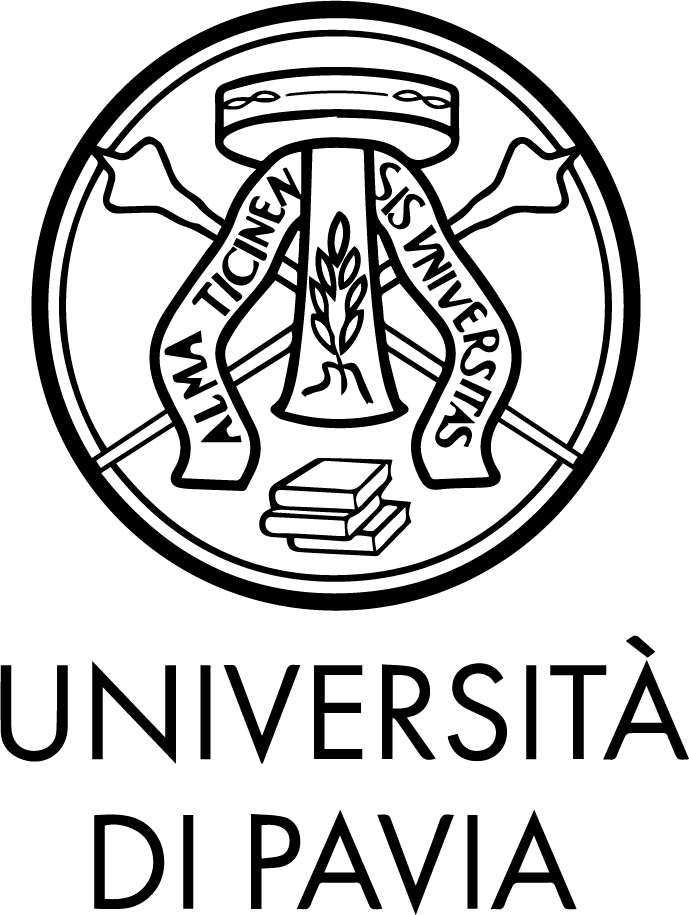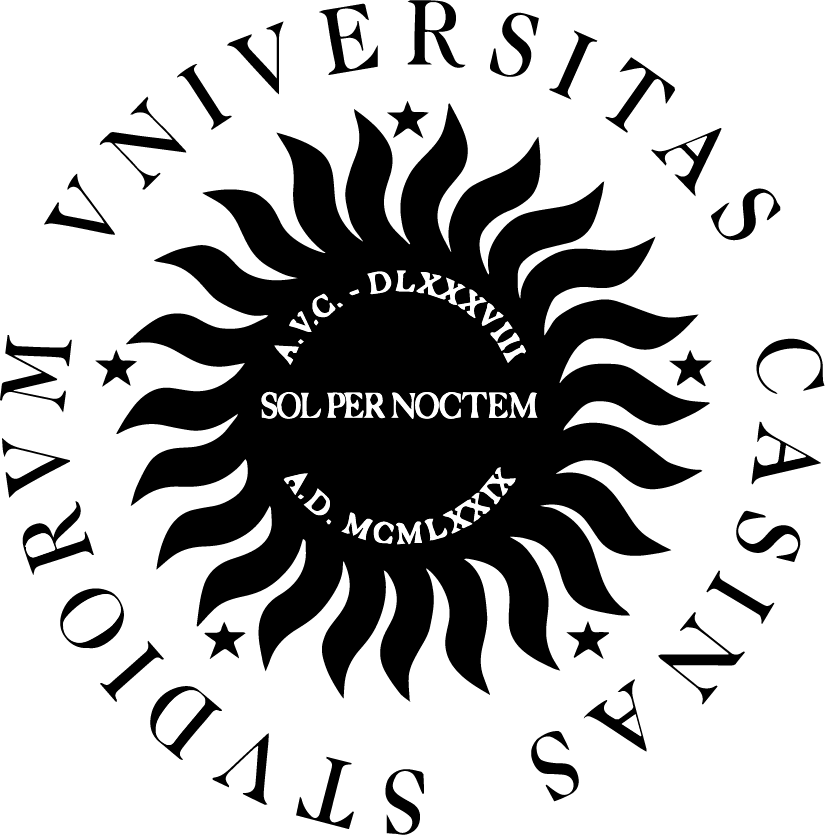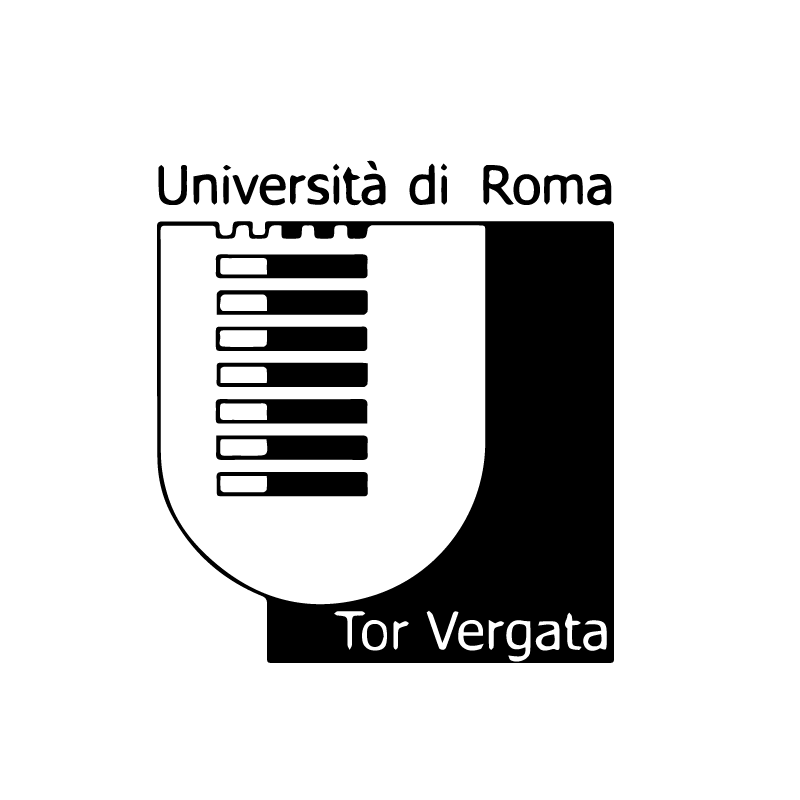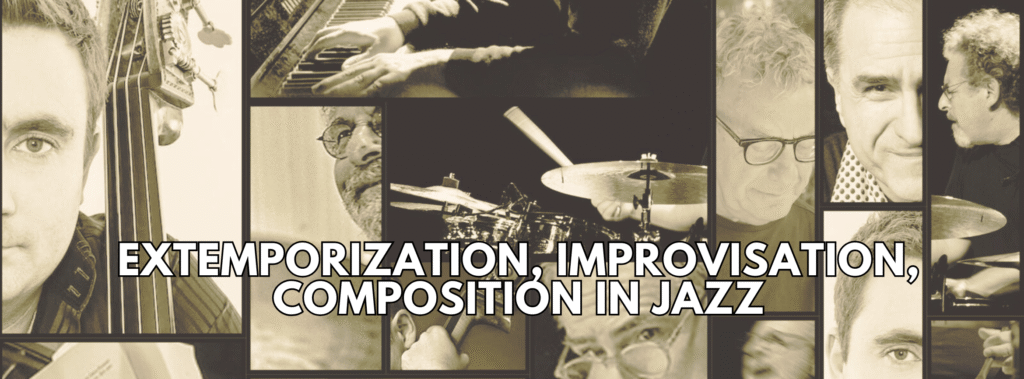Our Partners
The Institutions collaborating at the ImproComp Project






Coordinator: Vincenzo Caporaletti
This section presents materials related to the project Extemporisation, Improvisation, and Composition in Jazz: Analysing Enrico Pieranunzi’s European Trio. This event offered a rigorous musicological investigation into the open rehearsal sessions of the trio composed of Enrico Pieranunzi (piano), Thomas Fonnesbæk (double bass), and André Ceccarelli (drums).
The sessions, held at the Conservatory of Fermo, facilitated an immersive research environment where participating musicologists engaged directly with the ensemble. The focus extended beyond stylistic and formative elements to a granular analysis of the dynamics of interplay, both at the ensemble level and through individual performance lenses. Under the coordination of Vincenzo Caporaletti, the initiative probed the intricate interaction between improvisation, extemporisation, and composition within a unified performance setting.
The trio’s exploration of jazz’s stylistic idioms served as a live model for examining how audiotactile music functions as a multi-dimensional research object. Such music, carachterized by its immediacy and performative depth, invites inquiry from diverse musicological paradigms, including phenomenological philosophy, structuralist analysis, historical contextualization, and psycho-cognitive methodologies. The rehearsals included structured interactive sessions, allowing scholars to test theoretical frameworks against real-time improvisational processes. These interactions illuminated the cognitive and aesthetic mechanisms underpinning spontaneous musical creation, contributing to a broader epistemological discourse on music as a temporal art form.
The event culminated on November 18 with a free concert at the Lauro Rossi Theatre in Macerata, where the trio synthesized theoretical insights through a dynamic and performative interpretation.
The video materials included in this section provide empirical documentation of key moments from the open rehearsals. They also feature transcriptions by Caporaletti, bridging the gap between the audio-tactile repertoire and contemporary written compositions, thus offering valuable resources for further scholarly analysis.




